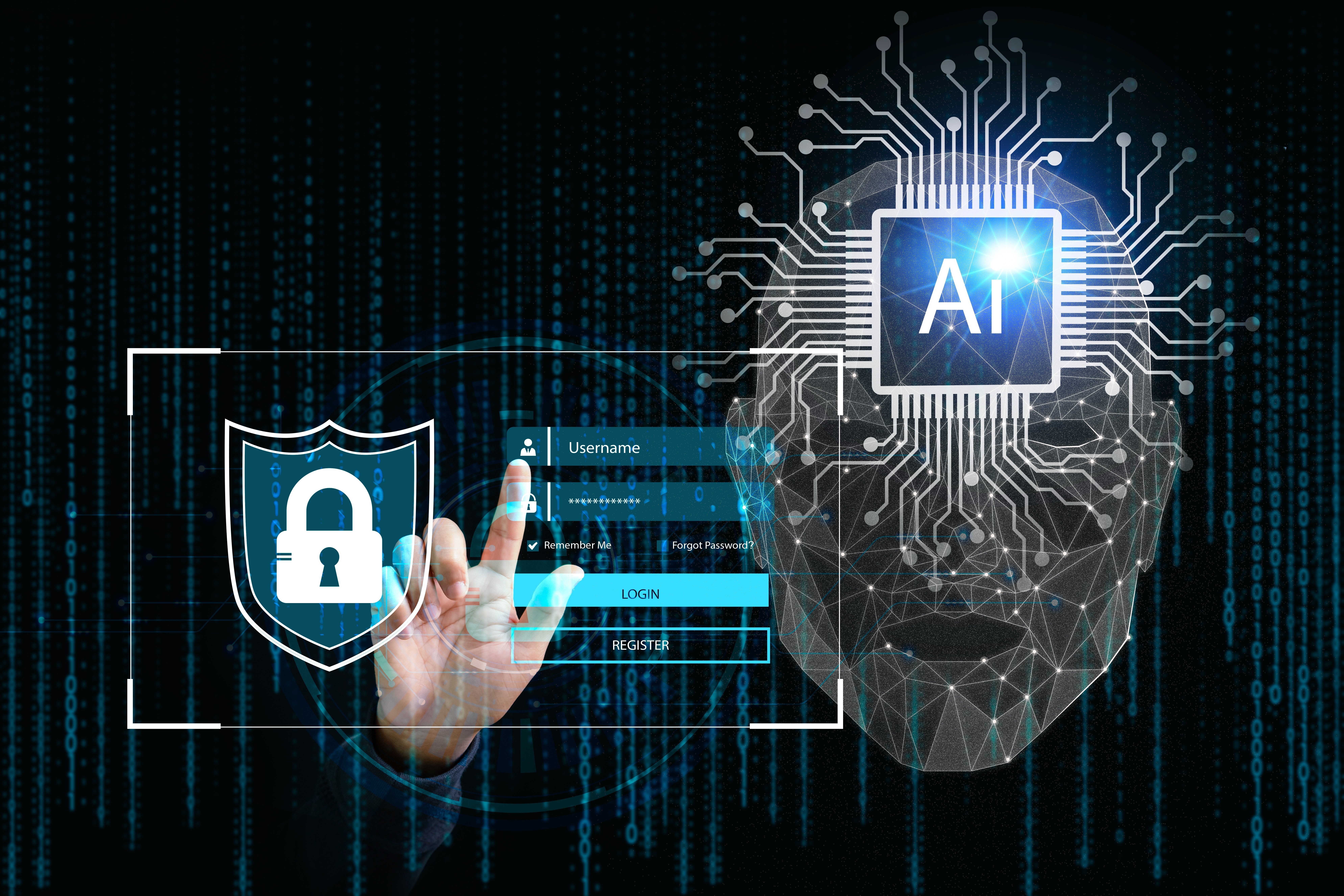The public sector faces unique cybersecurity challenges. From managing vast networks and sensitive data to adhering to strict regulations, securing our critical infrastructure requires a multi-layered approach. Artificial intelligence (AI) has emerged as a powerful tool in this fight, offering capabilities beyond traditional solutions. But is AI truly a game-changer for public sector cybersecurity, or is it just hype?

The Power of AI in Public Sector Cybersecurity:
- Enhanced Threat Detection: AI excels at analyzing massive datasets, identifying subtle patterns and anomalies that might escape human analysts. This allows for faster and more accurate detection of malware, phishing attempts, and other threats, helping to prevent breaches before they occur.
- Automated Incident Response: Public sector organizations often struggle to respond quickly to cyberattacks, leading to prolonged downtime and data loss. AI-powered systems can automate routine tasks like incident investigation and containment, freeing up human analysts to focus on complex situations.
- Improved Risk Management: AI can analyze historical data and identify potential vulnerabilities in networks and systems. This proactive approach helps prioritize resources and mitigate risks before they become critical incidents.
- Enhanced Security Awareness: AI can personalize cybersecurity training for public sector employees, making them more aware of common threats and phishing tactics. This reduces the risk of human error, a major contributor to cyberattacks.
- Streamlined Compliance: Public sector organizations must adhere to strict data privacy regulations. AI can automate compliance tasks, saving time and resources while ensuring adherence to legal requirements.
Challenges and Considerations:
While AI offers significant benefits, it's not a silver bullet. Public sector cybersecurity professionals need to be aware of the challenges and limitations:
- Data Privacy Concerns: AI algorithms require vast amounts of data to train and function effectively. Public sector organizations must ensure data privacy is protected while leveraging AI for security purposes.
- Explainability and Transparency: AI systems can be complex, making it difficult to understand how they arrive at certain decisions. This lack of transparency can raise concerns about accountability and bias in decision-making.
- Human Expertise Remains Crucial: AI is a powerful tool, but it cannot replace human expertise and judgment. Public sector organizations need to invest in training and upskilling their cybersecurity workforce to effectively leverage AI and interpret its results.
- Cost and Implementation: Implementing and maintaining AI solutions can be expensive, requiring significant investment in infrastructure, training, and expertise. Public sector organizations need to carefully evaluate the cost-benefit analysis before deploying AI.
Recommendations for Public Sector Adoption:
- Start small and scale up: Begin with pilot projects in specific areas to assess the value and feasibility of AI before large-scale implementation.
- Focus on specific use cases: Identify the most pressing cybersecurity challenges and choose AI solutions that directly address those needs.
- Prioritize data privacy and security: Ensure robust data governance practices and implement security measures to protect sensitive data used for AI training and operations.
- Invest in human expertise: Upskill your cybersecurity workforce to understand, manage, and interpret AI-generated insights effectively.
- Collaborate with industry and academia: Partner with external stakeholders to share best practices, develop new solutions, and address emerging challenges.
Conclusion:
AI has the potential to revolutionize public sector cybersecurity, offering faster threat detection, automated response, and improved risk management. However, careful planning, responsible data handling, and investment in human expertise are crucial for successful implementation. By approaching AI strategically and addressing the challenges, public sector organizations can leverage this powerful technology to build a more secure and resilient digital landscape.

Ola Jader



-Apr-25-2024-09-30-48-5627-AM.png?width=80&height=80&name=Untitled%20design%20(77)-Apr-25-2024-09-30-48-5627-AM.png)
